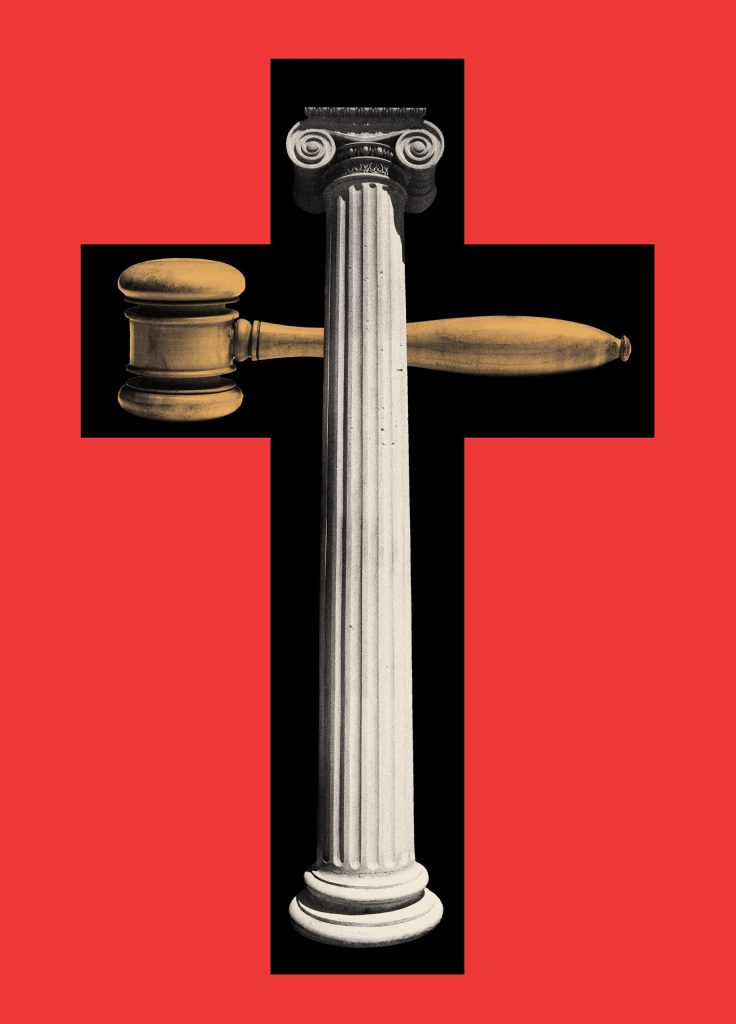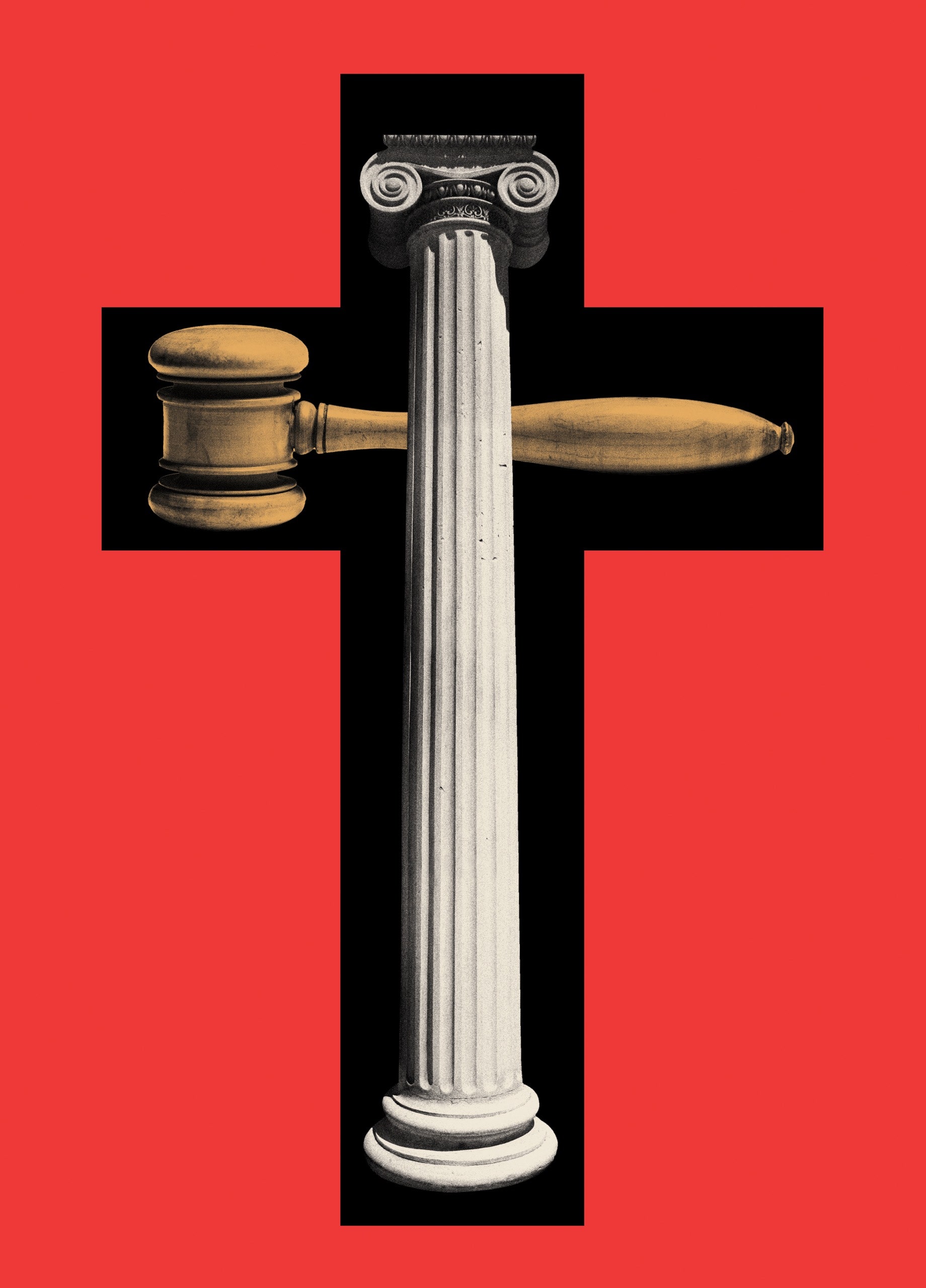
Judge Rejects Effort to Halt Trump-Era Ban on Arts Funding for Transgender Programs

Title: NEA Legal Battle Sparks Uncertainty for LGBTQ+ Arts Funding in Wake of Political Influence
As the April 7 deadline for National Endowment for the Arts (NEA) grant applications approaches, arts organizations around the country face deep uncertainty. A recent court ruling has failed to offer definitive clarity on whether the NEA can continue enforcing a controversial directive stemming from former President Donald Trump’s anti-transgender policies — specifically a now-contested requirement that prohibits funding projects that “promote gender ideology.”
While the NEA officially stated that it would pause the use of this requirement following significant backlash and a lawsuit led by the American Civil Liberties Union (ACLU), the policy still remains on their website, marked as “pending court litigation.” This uncertainty leaves arts nonprofits — especially those advocating for LGBTQ+, nonbinary, and trans artists — in a precarious position as they navigate the risk of potential disqualification.
Background: The Controversial “Gender Ideology” Ban
The controversy erupted in March 2024, when the ACLU filed a lawsuit on behalf of four advocacy-centered arts organizations: Rhode Island Latino Arts (RILA), Theatre Communications Group, National Queer Theater in New York, and Theater Offensive in Massachusetts. The suit challenged the NEA’s adoption of Trump-era directives, particularly a clause barring the use of federal funds to promote “gender ideology” — a non-specific phrase perceived by critics as a tool to suppress LGBTQ+ expression and visibility in the arts.
This grant condition stems from an executive order signed by Donald Trump aimed at enforcing “biological truth” in federal agencies — effectively sidelining any recognition of gender diversity and transgender identities in publicly funded programs.
The Legal Ruling: A Partial Victory Amid Lingering Doubts
On April 3, a federal judge in Rhode Island acknowledged that the plaintiffs had legitimate First Amendment concerns over viewpoint discrimination, stating they had a “likelihood of success” on those grounds. Nonetheless, the court denied the request for a preliminary injunction to immediately block the rule, arguing that the NEA had already suspended the requirement pending litigation.
Despite the judge’s recognition of the constitutional argument, civil liberties advocates felt the ruling fell short. Senior ACLU attorney Vera Eidelman, who is leading the case, emphasized that while the injunction was denied, the decision effectively confirms that the NEA likely cannot lawfully reinstate the viewpoint-based condition in its grant-making process.
Reaction from the Arts Community
Leaders of the affected arts organizations expressed frustration and concern. Marta V. Martínez, executive director of RILA, highlighted how the current legal limbo is stifling their ability to apply confidently for funding. “This order fails to bring us the clarity we need to apply for funds for projects that allow Latinx artists, especially those who are queer, trans, or nonbinary, to show up as their whole selves,” Martínez said.
Martínez explained that the inclusion of such artists is intrinsic to RILA’s mission — and without dependable funding, avenues for creative expression and financial stability will shrink. “Many come to RILA because, similar to a Land Acknowledgement, we express our commitment to elevating their work, providing income, and helping them build career sustainability,” she added.
Policy in Limbo
The NEA’s website continues to feature the “gender ideology” restriction despite claiming it has been dropped. The agency has stated it plans to issue revised guidance by April 30, nearly a month after the grant application deadline, which puts applicants in an uncomfortable position: comply with murky federal language or risk losing crucial funding.
As nonprofit arts organizations scramble to make sense of the shifting conditions, many are calling for a definitive and public removal of any language that could be used to discriminate against LGBTQ+ artists and themes.
Wider Implications for Art and Free Expression
The ongoing battle over NEA policy reflects a larger trend of politicization around arts funding and culture. Throughout history, the arts have often found themselves at the epicenter of political and ideological battles — particularly when they challenge dominant narratives or advocate for marginalized voices.
At stake in the current NEA lawsuit is more than just funding. Artists fear the chilling effect that ambiguous or oppressive grant policies may have on creative expression, especially for those who already face systemic barriers.
Advocates argue that federally funded art, like public discourse, should reflect the pluralism of American society. From drag performances to plays addressing gender fluidity and queer identity, they say marginalized communities deserve the opportunity to be not only seen and heard — but also supported.
The Fight Ahead
Although the temporary suspension of the “gender ideology” requirement is a small win, advocates remain wary. The plaintiffs, the ACLU, and broader segments of the arts community will continue pushing for accountability and transparency in federal funding policies. Many are also watching closely to see whether the NEA’s April 30 update lives up to the constitutional and ethical standards demanded by critics.
For now, artists and arts organizations are navigating